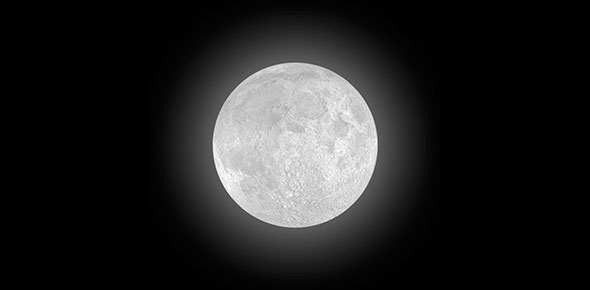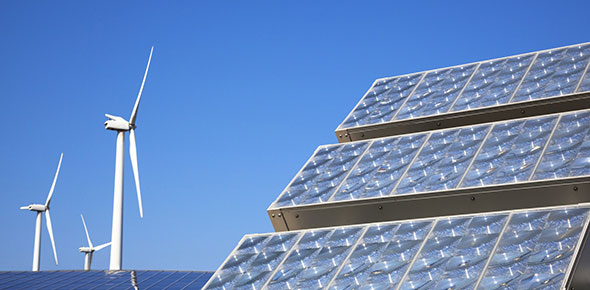Related Flashcards
Related Topics
Cards In This Set
| Front | Back |
|
What are the affects of gravity and air resistance?
|
Gravity pulls down the objects falling, and air resistance slows down the acceleration of the falling object.
|
|
Who was the scientist that argued that the mass of an object does not affect the acceleration of the gravity?
|
Galileo Galilei was the scientist that argued that the mass of an object does not affect the acceleration of the gravity.
|
|
What three factors affect the air resistance?
|
The size, shape and speed affect the air resistance.
|
|
Why don't space shuttle astronaut in orbit hit their heads on the ceiling of a falling shuttle?
|
It is because that the astronauts and the space shuttle are both in free fall.
|
|
What is centripetal force?
|
Centripetal force is a force which causes an object to orbit in a circular path.
|
|
What is terminal velocity?
|
Terminal velocity is when the velocity is constant.
|
|
What is the formula for acceleration?
|
F/m or for using velocity -> (final velocity - initial velocity)/time
|
|
What is inertia?
|
The tendency of a moving object, to move.
|
|
What is Newton's first Law of Motion?
|
An object in rest, will remain in rest, and an object in motion, will stay in motion in a constant velocity unless an unbalanced force is acted on it.
|
|
What is Newton's second Law of Motion?
|
Acceleration depends on the mass of the object and the force applied on it.
|
|
What is Newton's third Law of Motion?
|
When an object exerts a force on the second object, the second object exerts an equal and opposite force on the first object.
|
|
What is the formula for momentum?
|
P=mv
|
|
What is the Law of Conservation of Momentum?
|
When two objects collide, the total momentum stays the same before and after the collision.
|
|
Why is a heavier object harder to accelerate?
|
Heavier objects are harder to accelerate because you need to apply more force on the object.
|
|
Why don't action and reaction force cancel each other out?
|
They don't cancel out because they act on different objects.
|







